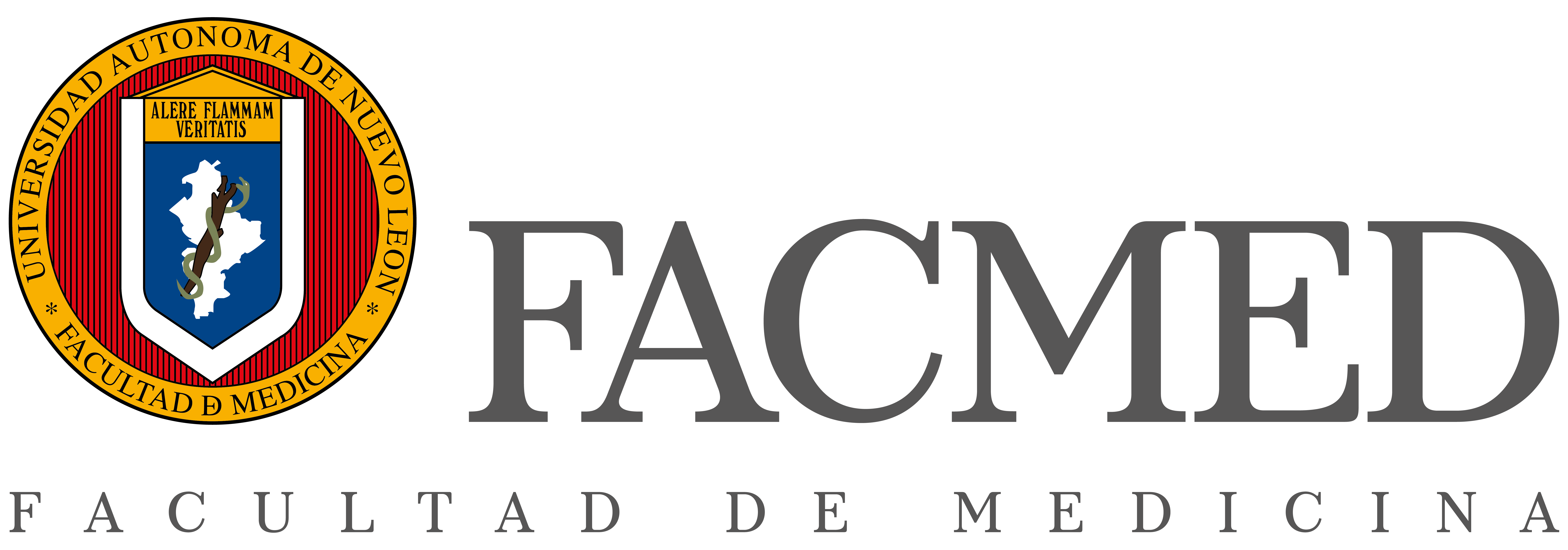Student profile (MD)
Bachelor's Degree in Medicine
Mission
To train health professionals with academic excellence across various biomedical disciplines, enabling them to carry out their clinical, teaching, and research duties with a focus on innovation. This training is provided within an ethical, humanitarian, and inclusive framework, fostering a strong sense of service and social responsibility, as well as the ability for self-criticism and continuous knowledge development, thus promoting comprehensive professional growth.
Professional fields
- Primary healthcare units
- General hospital services
- Emergency and prehospital medicine
- Community health centers
- Research roles in academic and pharmaceutical institutions
- Health services planning and quality
- Private and independent medical practice
Admission profile STUDENTS
Authentic vocation and strong spirit of service, with an inclination toward biological sciences, chemistry, physics, mathematics, English, and computing. Love for others, sensitivity, good habits, stress tolerance, commitment to ongoing education, and adherence to ethical principles and human values. Must demonstrate an entrepreneurial spirit, creativity, leadership, and the ability to communicate clearly both verbally and in writing. Discipline, responsibility, honesty, assertiveness, and the ability to work both independently and in a team are also essential.
Graduates profile PROFESSIONALS
To educate professionals at the bachelor’s degree in medicine, with the competencies required for the prevention, diagnosis, treatment, rehabilitation, and timely referral of patients at the primary care level. This is achieved through a comprehensive approach grounded in a biopsychosocial, humanistic, and evidence-based perspective. Graduates will be equipped to make decisions using critical thinking and scientific methods, to conduct health research, to communicate effectively with patients and interdisciplinary teams, and to demonstrate leadership and innovation in the management of healthcare resources. Their professional practice will aim to improve the population’s quality of life through equitable, inclusive, safe, and efficient medical care, with a foundation that supports continued professional development and entry into postgraduate studies.
Program-specific competences
- To assess the patient's health status through the collection and analysis of clinical, biomedical, psychological, social, and environmental data, applying critical thinking and scientific evidence, in order to support medical decision-making and ensure comprehensive and evidence-based care.
- To manage high-prevalence diseases and common medical emergencies, integrating a biopsychosocial approach and applying current clinical guidelines and care protocols, with ethics, equity, inclusion, and empathy, in order to ensure adequate and timely treatment, avoid complications, rehabilitate and improve the patient's quality of life.
- To develop strategies for disease prevention and health promotion in medical practice, considering the social and epidemiological context, through health education and preventive medicine actions based on scientific evidence, with the intention of impacting the reduction of the incidence of diseases considered public health problems and improving the quality of life of the patient and his/her community.
- To provide comprehensive medical care at the primary level of hospital and community care by making clinical decisions based on ethical principles and professional values, ensuring respect for diversity, patient autonomy, equity in healthcare, and compliance with current regulations, in order to strengthen the doctor-patient relationship and guarantee dignified, high-quality care.
- To generate medical knowledge by applying the scientific method to the investigation of clinical and epidemiological problems, and by integrating scientific evidence into medical decision-making, with the aim of optimizing the diagnosis, treatment, and prevention of the leading causes of morbidity and mortality.
- To establish effective communication in the doctor–patient relationship and in teamwork with other healthcare professionals by applying active listening strategies and clear language in the delivery of medical information, in order to enhance patient understanding, shared decision-making, and coordination in healthcare delivery.
- To manage healthcare, technological, and administrative resources in medical practice by making decisions based on quality standards and national and international regulations, with leadership and professional responsibility, aiming to optimize efficiency and equity in the delivery of health services.
Professional fields
1. Primary healthcare units
+-- To provide general medical consultations.
- To monitor prevalent health conditions.
- To promote health and prevent disease.
- To perform early detection through comprehensive clinical assessments and complete medical histories.
- To refer patients to specialized care when necessary.
- To educate patients on self-care and health literacy.
2. General hospital services
+-- To participate in clinical assessment and management of hospitalized patients, under supervision and in coordination with specialists.
- To perform basic procedures and assist in inpatient care.
- To collaborate with multidisciplinary teams.
- To contribute to hospital administrative processes.
- To apply safety and quality standards in patient care.
3. Emergency and prehospital medicine
+-- To stabilize patients during emergencies using clinical protocols.
- To perform CPR and basic life support.
- To provide prehospital care in ambulances and emergency centers.
- To oversee stabilization and secure transfer of patients.
- To participate in inter-hospital emergency responses.
4. Community health centers
+-- To design and deliver health promotion campaigns, educational sessions, and counseling.
- To administer vaccines and conduct screening tests.
- To implement community-based health education.
- To identify and report epidemiologically significant diseases.
- To apply community epidemiological surveillance protocols.
5. Research roles in academic and pharmaceutical institutions
+-- To conduct clinical and biomedical research addressing medical questions.
- To analyze clinical data and apply findings to practice.
- To conduct population health studies and design medical interventions.
- To present and publish scientific findings.
6. Health services planning and quality
+-- To supervise operational and administrative processes in healthcare units.
- To coordinate medical supply management.
- To implement clinical protocols and oversee medical records.
- To manage human, technological, and material resources.
- To develop public health policies.
7. Private and independent medical practice
+-- To practice general medicine in private clinics.
- To diagnose and treat common illnesses using clinical guidelines.
- To apply preventive and health education strategies.
- To manage a private practice.
- To refer patients to specialists for continuity of care.

